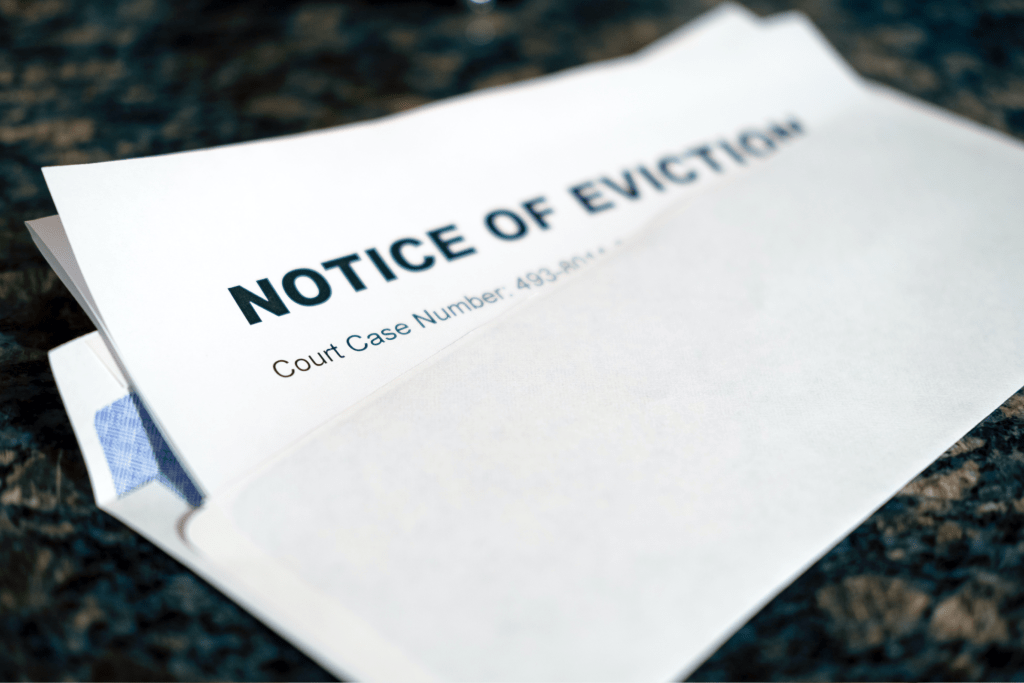For small landlords, safeguarding their property investments is paramount, and a key component of risk management is having the right insurance coverage. Unlike larger property management companies, small landlords may face challenges in understanding, selecting, and managing insurance policies that adequately protect their investments.
One of the primary challenges is misconceptions about landlord insurance. Small landlords might assume that a standard homeowner’s insurance policy provides adequate coverage for rental properties. However, this is often not the case. Standard policies may not cover rental-related risks, such as property damage caused by tenants or loss of rental income due to property damage.
To address this, small landlords should seek specialized landlord insurance policies. These policies typically cover the unique risks associated with rental properties, including property damage, liability issues, and loss of rental income. Consulting with insurance professionals who specialize in landlord insurance can help small landlords understand their specific coverage needs and select policies that provide comprehensive protection.
Another challenge is managing insurance costs while maintaining sufficient coverage. Small landlords, operating with limited budgets, may face the dilemma of choosing between cost-effective policies and comprehensive coverage. Opting for policies with high deductibles or minimal coverage might seem financially appealing initially but could result in significant financial strain in the event of a claim.
To overcome this challenge, small landlords should carefully evaluate their risk tolerance and investment goals. While cost savings are important, sacrificing comprehensive coverage for short-term financial gains may expose landlords to greater risks in the long run. Striking a balance between cost and coverage is essential for creating a risk management strategy that aligns with individual investment objectives.
Moreover, small landlords should regularly review and update their insurance policies. Property values, rental markets, and local regulations can change over time, impacting insurance needs. Conducting periodic assessments and adjusting coverage accordingly ensures that small landlords remain adequately protected in the face of evolving risks.
In conclusion, insurance matters are a critical aspect of protecting small landlords’ investments. By dispelling misconceptions, selecting specialized landlord insurance, balancing cost and coverage, and regularly reviewing policies, small landlords can establish a robust risk management strategy that safeguards their properties and financial well-being.





